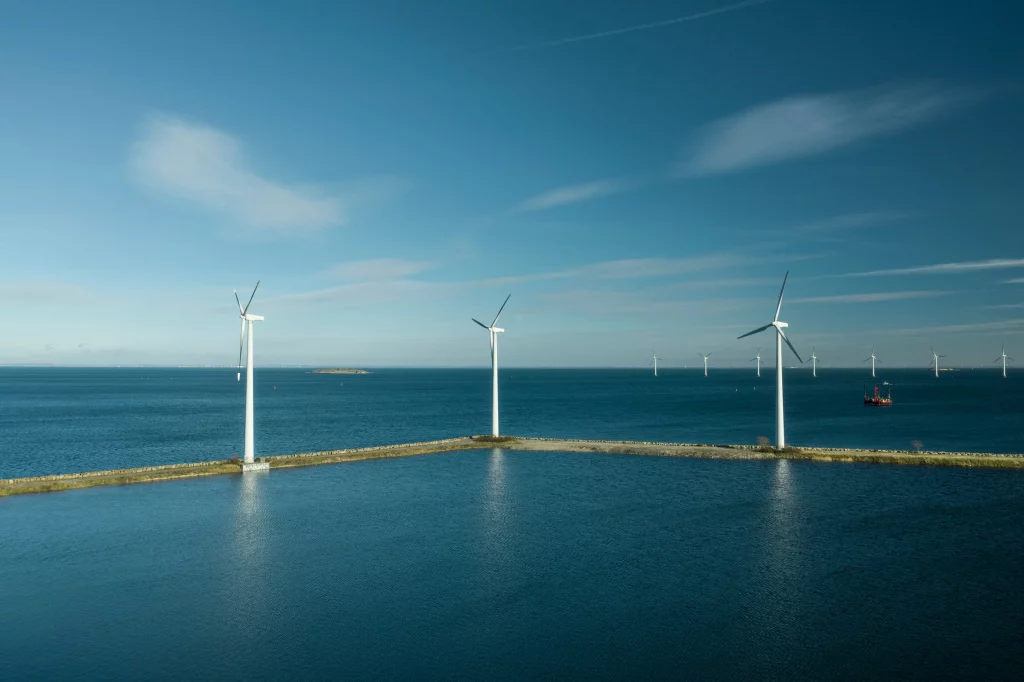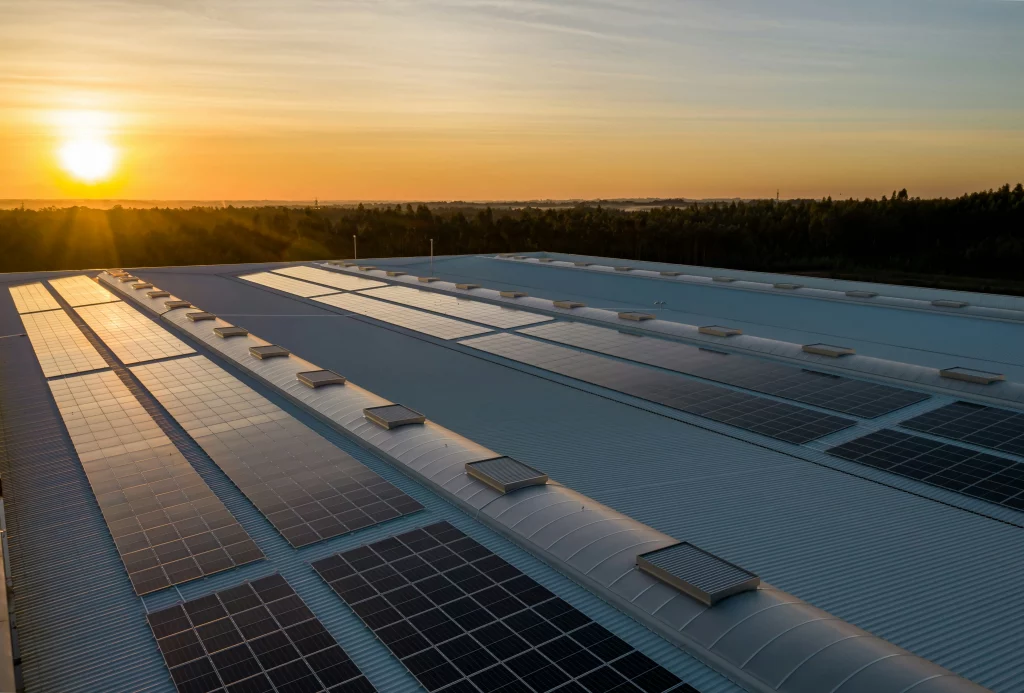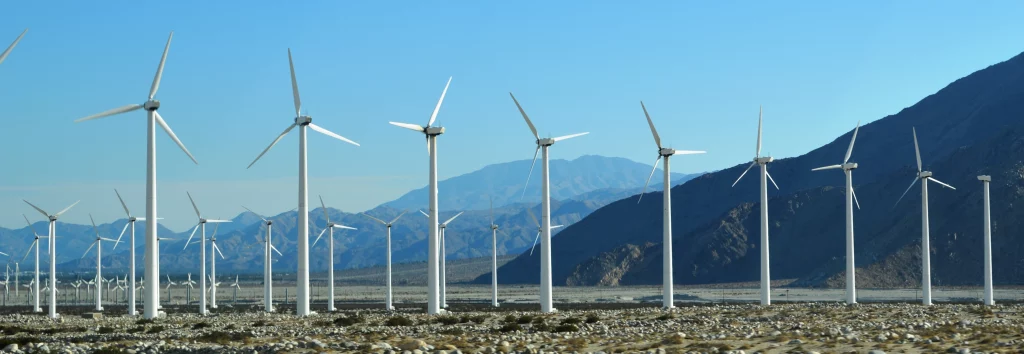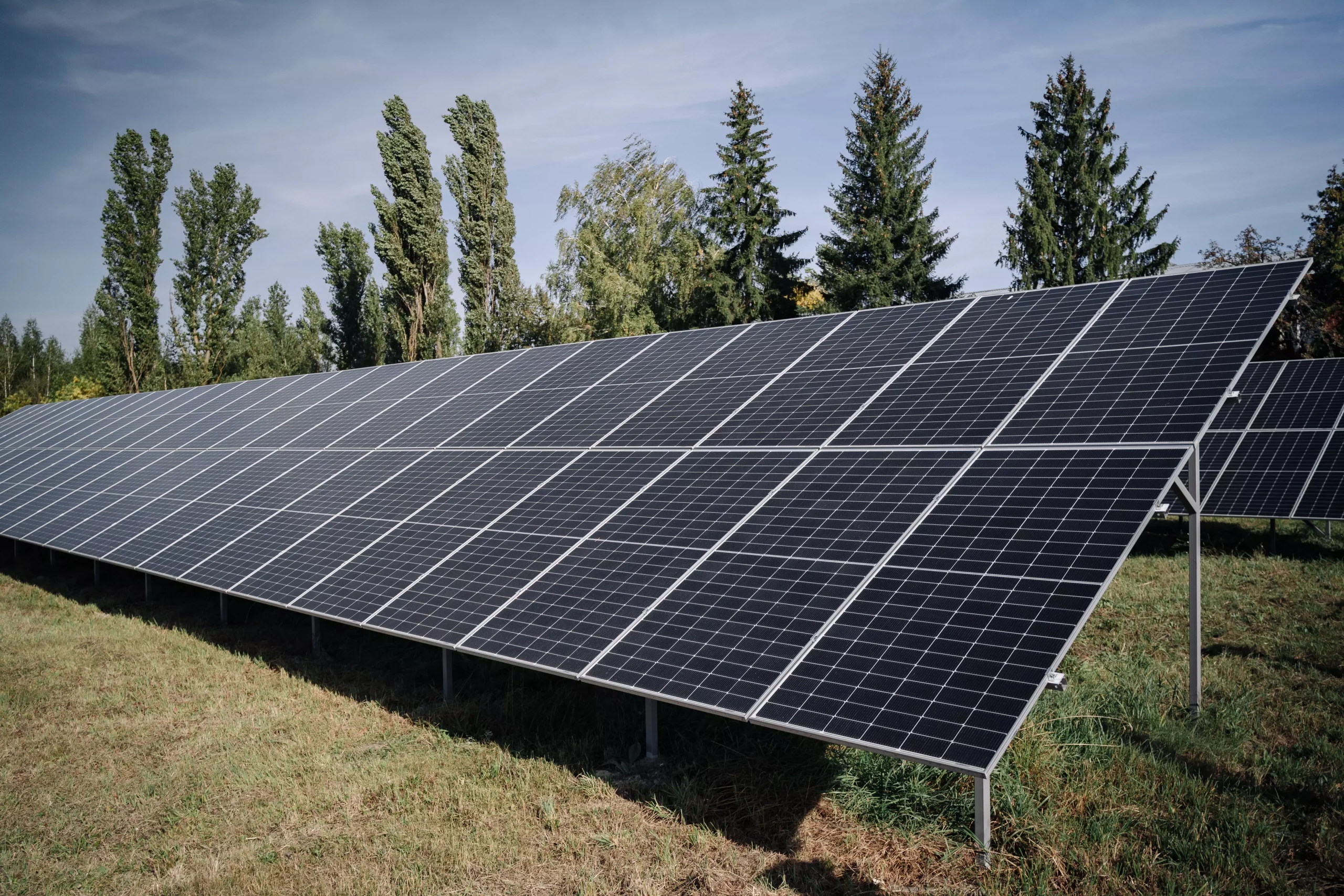
Critical infrastructure must be energy-efficient and energy-independent
Poltava without water: why energy efficiency is a matter of security
We spoke on the topic: “Energy Independence at Critical Infrastructure Facilities” with the Chairman of the Ukrainian Association of Energy Service Companies, Vitalii Shevchenko.
 Photo: Suspilne Poltava
Photo: Suspilne Poltava
During the massive Russian attack on the night of 4 November 2025, the lack of water supply in Poltava was a direct consequence of strikes on critical energy infrastructure. When the city was left without water for almost a full day, it became not just a local accident but a systemic warning for the entire country. One strike on a substation – and the city is without water.
The main reason for the water outage was that the pumping stations and other equipment of “Poltavavodokanal” were left without electricity. Water supply critically depends on the stable operation of the energy system, and its damage led to a complete stoppage of water delivery.
This case demonstrated that the energy efficiency and energy independence of critical infrastructure are not a luxury and not a “green” slogan, but an element of national security. Water, heating, electricity – these are things communities cannot survive without during wartime.
Energy service: fast solutions for water utilities
Today, the energy service mechanism enables communities to act without waiting for budget subsidies or donor grants and without further budget expenses, since all payments are made exclusively from the saved funds.
ESCO companies invest their own money in modernizing pumping stations, installing frequency regulation systems, solar power plants (PV) and battery energy storage systems (BESS). Water utilities receive new equipment without prepayment and repay the investment through the electricity they save.
This is a clear example of public-private partnership in action: the investor invests, the community receives stability and results. In recent years, over 640 energy service contracts have been implemented in Ukraine, worth more than 2 billion UAH, with hundreds more in development.
Real cases: water utilities that operate even during blackouts
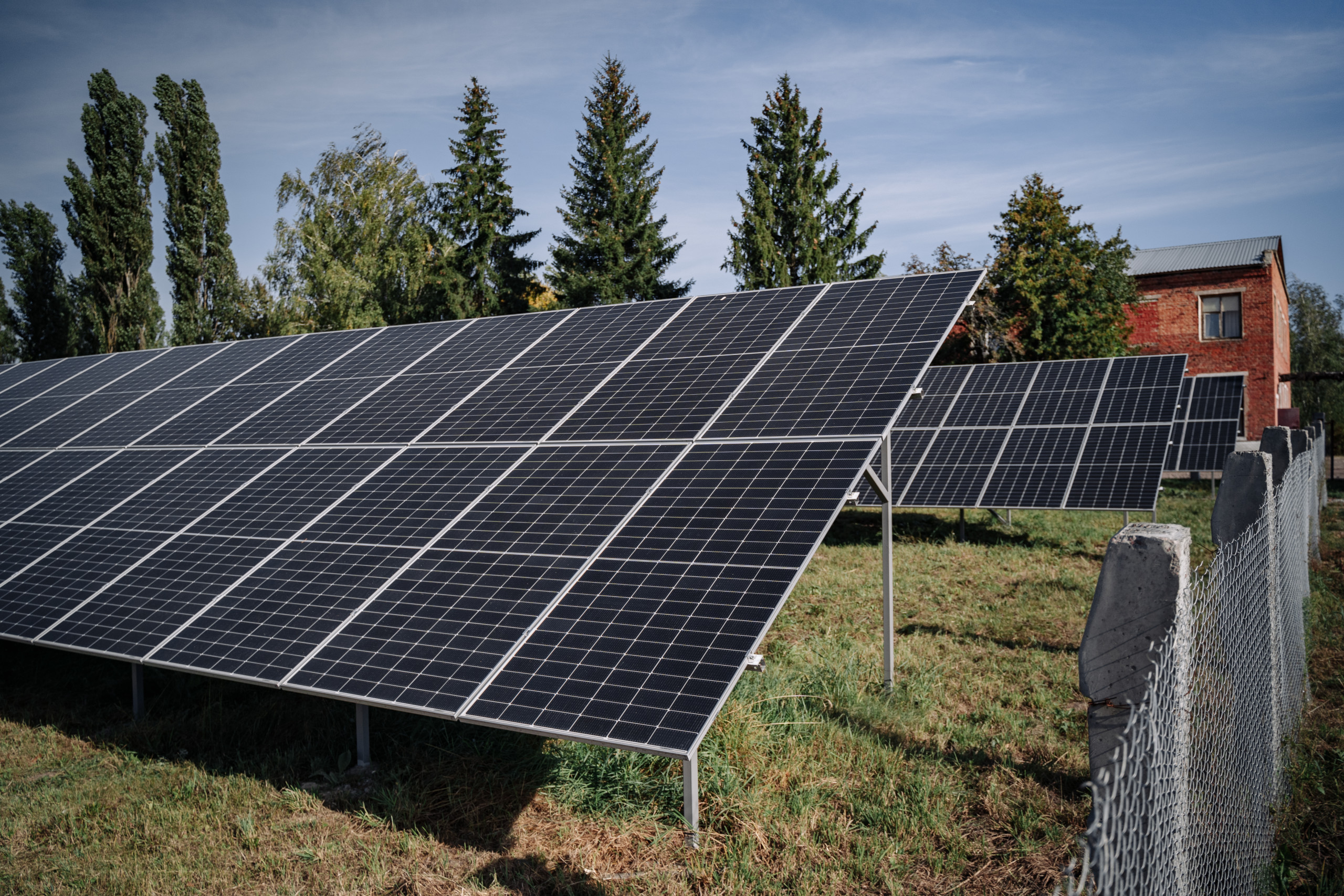
Within the UNDP project “Removing Barriers to Investing in Energy Efficiency in Public Buildings”, dozens of solutions have already been implemented at critical infrastructure facilities.
Lvivvodokanal has launched one of the most powerful PV plants among municipal utilities — a 400 kW station with an energy storage system that keeps pumps running even during outages.
For example, water utilities in Chernivtsi, Khmelnytskyi, Brovary and Korosten are already testing combined systems: PV + frequency drives + energy management systems. This allows them to reduce electricity consumption by 30–40% and ensure several hours of autonomous operation.
Such solutions can be scaled — from a single building to an entire municipal system.
Investors are ready to invest — but communities lack preparedness
The demand from private ESCO investors exceeds the capacity of local customers. Businesses are ready to invest — the queue already exists — but not all communities have basic energy audits, initial data, or an understanding of how to prepare a tender in Prozorro.
This is not a money problem but a management readiness problem.
The Ukrainian Association of Energy Service Companies, together with UNDP and the State Agency for Energy Efficiency, is working to help municipalities prepare projects, develop documentation packages, and properly engage investors.
A draft law that can accelerate change
 Photo: Press Service of the Secretariat of the Verkhovna Rada of Ukraine.
Photo: Press Service of the Secretariat of the Verkhovna Rada of Ukraine.
Draft law No. 13258 amending the Law of Ukraine “On Energy Efficiency” has been registered in the Verkhovna Rada and is being prepared for consideration. It aims to improve mechanisms for state support of building energy efficiency, adapting them to the needs of co-owners, as well as to generally improve policy in this area.
These amendments will open the way to scaling energy service approaches, allowing municipal institutions to modernize equipment more quickly and efficiently or obtain their own electricity generation sources.
Not only efficiency, but independence
“In wartime, energy efficiency without energy autonomy is an incomplete solution. The future of critical infrastructure lies in hybrid systems that combine energy savings with own generation.
BESS, microgrids, local solar plants — these are no longer innovations but the new safety standard for hospitals, water utilities and schools. Such solutions strengthen community resilience and reduce dependence on external grids, which are enemy targets.”
— Vitalii Shevchenko, Chairman of the Board of the Ukrainian Association of Energy Service Companies
Conclusion
We must move from fragmented solutions to a systemic policy of energy independence.
Every community must understand: energy efficiency is not only about lowering bills, but about protecting lives and ensuring stability during crises.
Energy service is a mechanism that works today. And if we want to preserve the resilience of the country, our critical infrastructure must be not only efficient but autonomous.
Become a member of 100 RE UA
Switching to 100% renewable energy in Ukraine is possible!



